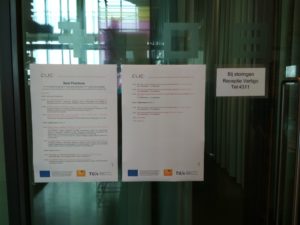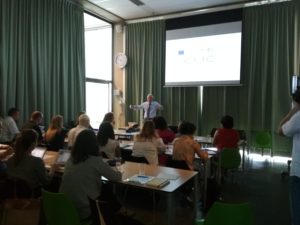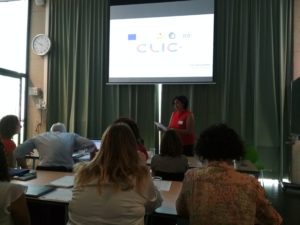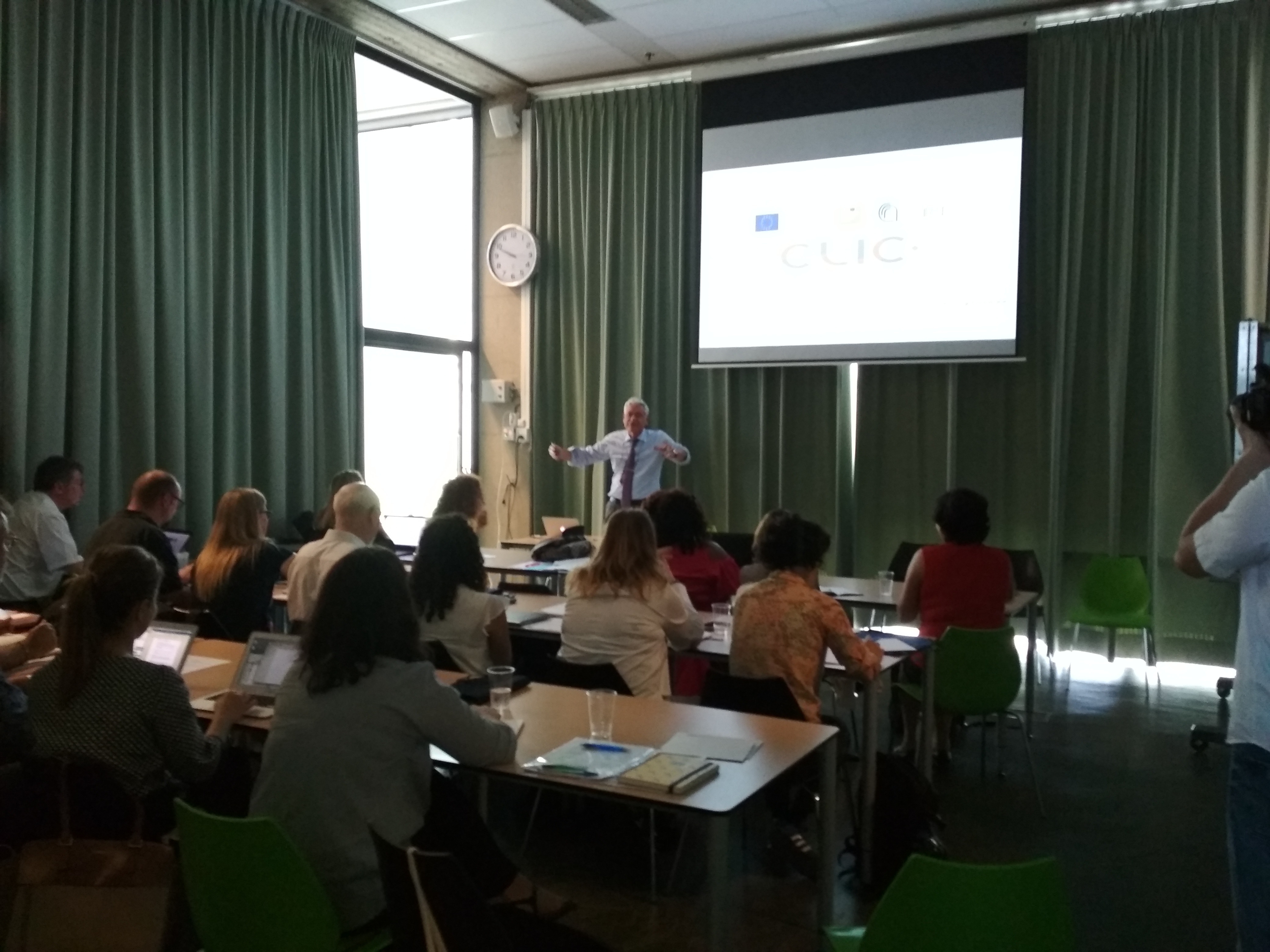
29May
Laboratory of Transdisciplinary “Best practices on the adaptive reuse of cultural heritage for a circular economy”
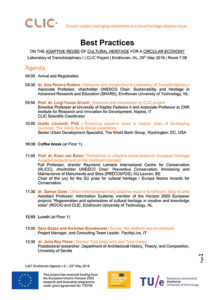 On 29 May 2018 the TU/e University of Technology hosted the first Laboratory of Transdisciplinary (LabT) for CLIC Project.
On 29 May 2018 the TU/e University of Technology hosted the first Laboratory of Transdisciplinary (LabT) for CLIC Project.
The LabT took place in Eindhoven, in Netherlands, and it was organised in the context of the project meetings for Historic Urban Landscape (HUL) tools’ operationalisation.
The conference offered an international exchange of key umbrella concepts and best practices on cultural heritage adaptive reuse for circular economy by speakers coming from different backgrounds.
The focus is mainly on Transdisciplinary Researchdefined as “research efforts conducted by investigators from different disciplines working jointly to create new conceptual, theoretical, methodological, and translational innovations that integrate and move beyond discipline-specific approaches to address a common problem” (Harvard definition).
The aim of the LabT is highlighting the transdisciplinaryand holistic approach for enhancing potentials of cultural heritage as a “resource” for (local) sustainable development in which heritage includes not only buildings but a system of processes and values. In this sense, circular economy could implement a kind of new “value chain” for adaptive reuse of cultural heritage in which tangible and intangible assets join in a new perspective.
The participants of the LabT are those who are involved in cultural heritage researches based on: 4 pillars of sustainable development – CHCfE approach, societal trends and the role of EU in cultural heritage conservation/valorisation, Cultural Ecosystems Services approach, Circular Economy for Built Environment, Creative Industries for urban regeneration and so on.
The LabT is held in English and participants are invited to actively and critically discuss on different presentations for having a common vision of CLIC “circular” methodological approach.
The conference presented also CLIC work packages (WPs) updates (6 month) for improving the CLIC consortium to a collaborative and shared research work.
Speakers and participants will present relevant publications about CLIC conceptual, theoretical, methodological, and translational innovations’ proposals.
- The full programme is available here
- Download “CLIC multidimensional evaluation framework” Presentation
Pictures
